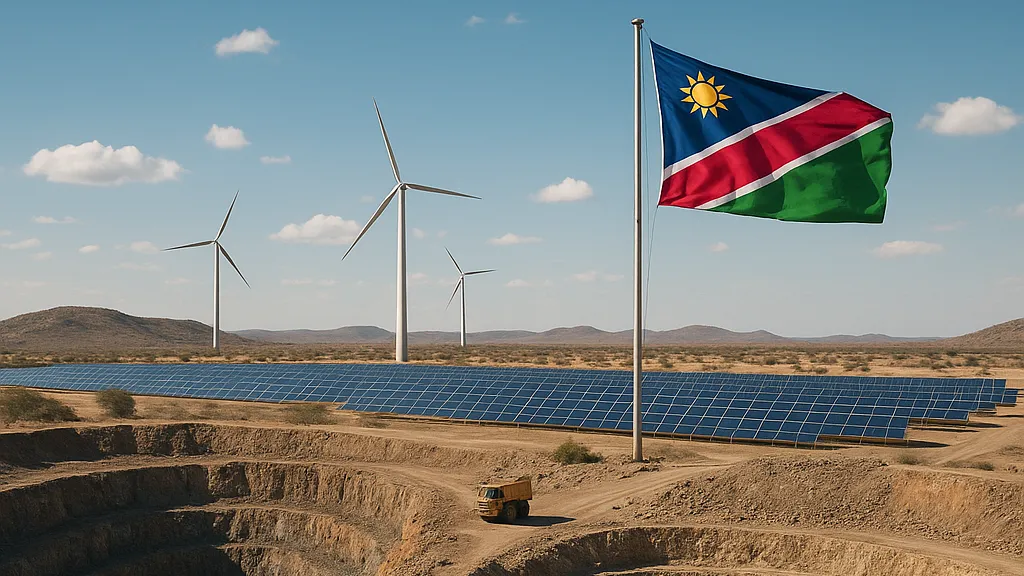Namibian President Takes Direct Control of Mines, Energy and Industry Ministry

Namibia’s president takes direct control of the Mines, Energy and Industry Ministry to strengthen oversight and drive the nation’s resource-based growth.
Namibia has entered a pivotal moment in its economic and political trajectory following President Netumbo Nandi-Ndaitwah’s decision to personally assume leadership of the Ministry of Industry, Mines and Energy. This strategic shift follows the dismissal of Natangwe Ithete from his positions as both deputy prime minister and minister. Although the presidency has not disclosed specific reasons for Ithete’s removal, it has emphasized that the reassignment aims to guarantee continuity and ensure more effective coordination across sectors that are crucial to Namibia’s long-term economic stability and industrial development.
The president’s direct oversight of the ministry comes at a time when Namibia’s energy and mining industries are experiencing rapid transformation. The country is positioning itself as a key player in global resource markets, with ambitions to begin crude oil production by 2030 following a series of major offshore discoveries. In addition to oil, Namibia is already one of the world’s leading producers of uranium and diamonds, resources that significantly contribute to its GDP and export revenue. The consolidation of ministerial authority under the presidency may serve to streamline decision-making, accelerate regulatory approvals, and enhance investor confidence in Namibia’s extractive sectors.
While Ithete retains his seat in parliament, his removal from the executive branch underscores a growing emphasis on political accountability and performance within Namibia’s administration. By taking personal charge of the ministry, President Nandi-Ndaitwah is sending a clear message about her administration’s determination to strengthen governance, transparency, and national control over strategic resources. This move could also help ensure that the nation’s industrial and energy expansion aligns closely with broader developmental goals, such as local value addition, employment creation, and sustainable resource management.
In the broader African context, Namibia’s decision reflects a trend among resource-rich nations to assert greater state control over critical economic sectors. As global demand for energy and strategic minerals intensifies, especially in the context of the green energy transition, Namibia’s hands-on approach could enhance its competitiveness and leverage in international partnerships. If managed effectively, this centralization of authority may boost investor confidence, attract new capital inflows, and position Namibia as a model for resource governance on the continent.
Mini-Glossary
- GDP (Gross Domestic Product): The total monetary value of all goods and services produced within a country’s borders over a specific period.
- Extractive sectors: Industries involved in the extraction of natural resources, such as mining, oil, and gas.
- Value addition: The process of increasing the economic value of a product by improving or transforming it before sale.
- Governance: The system of rules, practices, and processes by which a country or organization is directed and controlled.
